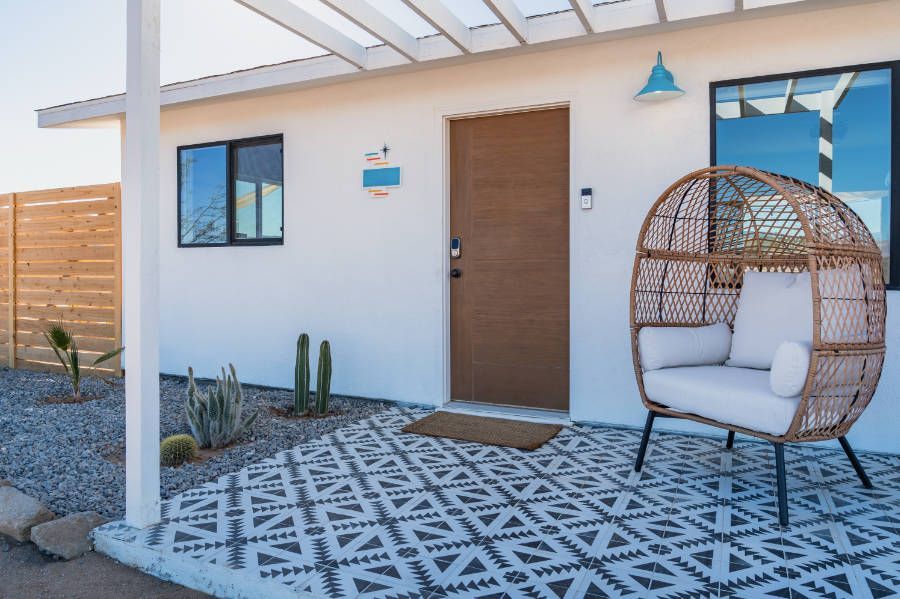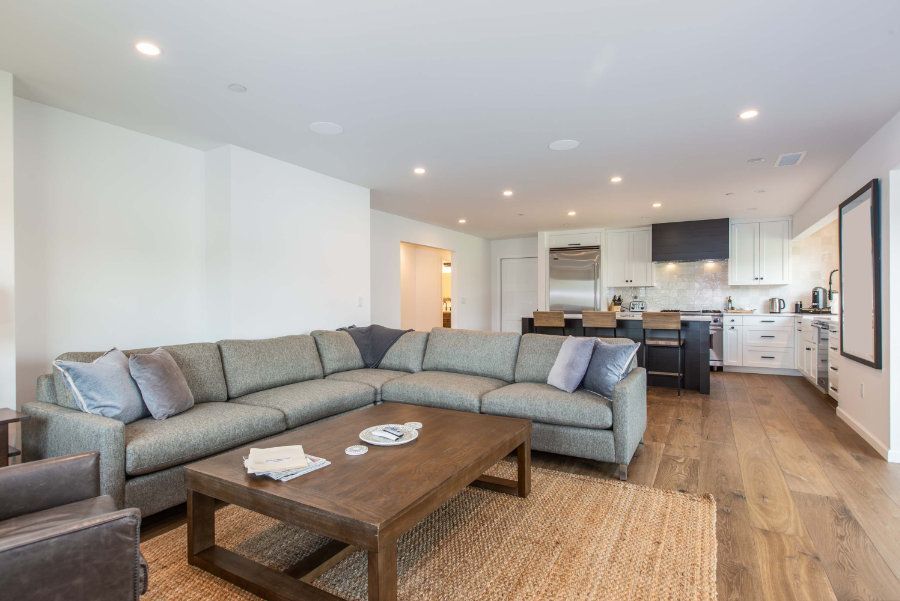Condos vs Homes: What Are Their Pros and Cons

Property managers have a diverse clientele centered around beach cities, requiring preparedness to help the property owners and their tenants, whether the property is a condo or a home residence. Each one has unique challenges and benefits that property managers must be ready to face when taking on new clients.
In today’s article, we’ll provide a comprehensive comparison of the pros and cons of both of these types of properties.
Pros of Managing Condos
Management of exterior upkeep tends to be handled by the HOA, where part of the rental fee will go towards. This means that property managers must make an effort to communicate efficiently with the HOA or the companies dedicated to the condo complex to provide immediate relief to the tenants' challenges.
Amenities Management: Condos often boast shared amenities such as fitness centers, pools, and recreational spaces. Managing these facilities centralizes their maintenance and enhances the property's overall appeal.
Amenities are another bucket that the HOA typically handles for condos. These include fitness centers, pools, and any other recreational space. The benefit of an HOA handling most of the maintenance is that it reduces the cost for every resident. Still, it also means that if an amenity isn’t available, it could be a challenge for the property owner. A property management company must be flexible and deal with these challenges by offering supplemental amenities and staying on top of the maintenance company to ensure a speedy resolution.
One of the best aspects of managing a condominium is that it offers added benefits like extra security. Each condominium complex is a small community with dedicated entrances often filled with many safety features. This means that any vandalism is minimized, and in turn, theft or any other illegal activity is almost non-existent, making it an appealing benefit to potential tenants.
Cons of Managing Condos
HOAs also have some downsides, including fluctuating expenses that could be raised or lowered yearly. Each HOA is different, and communicating effectively with the tenant about the increase or decrease in rent is beneficial in maintaining a good relationship with your tenant.
Additionally, each condo has rules and regulations, such as paint color, what is allowed in the exterior areas, and noise mandates. Explaining these items to the tenant can be challenging when managing condos. A challenge of managing condos is to find a good balance that helps the tenant stay within the rules but not feel overbearing.
Finally, conflict resolution is another hot item that property managers must be able and prepared to handle. Most condos share walls, and each condo resident can be an owner. Any challenges or nuisance arising from breaking the rules must be dealt with adequately to keep the tenant happy and prevent future misunderstandings.
Pros of Single-Family Homes
One of the largest benefits of managing single-family homes is no HOA fees. This means that rent stays relatively stable and doesn’t fluctuate year over year besides the yearly adjustment allowed by law.
Additionally, single-family homes allow property management companies to use their economies of scale to maximize the efficiency of their maintenance schedules. This includes maintenance for plumbing, electricity, HVAC, etc.
Single-family homes also have the flexibility to solve challenges as efficiently as possible. Without HOAs dictating style structure and many other items about the property's look, property managers can be creative and efficient when fixing things or enhancing the face of the property.
Finally, the most significant benefit is the possibility of additional tenants. If the homeowner and the land allow, an
accessory dwelling unit (ADU) can be built to maximize the lot. Unlike a condo, single-family homes have more space or, at the very least, are allowed to alter their structure to increase square footage and possibly have additional rentals.
Cons of Single-Family Homes
Single-family homes have downsides. While property managers ensure most items stay in good shape, things will break, and new ones must be bought. This is one of the larger downsides of a single-family home as the bills can be minor, from a microwave to a large, like a whole HVAC unit needing replacement.
If you're unsure how each works or need help managing a home or condo, we invite you to call us today at (562) 888-0247 or fill out our
Owner Application online.





